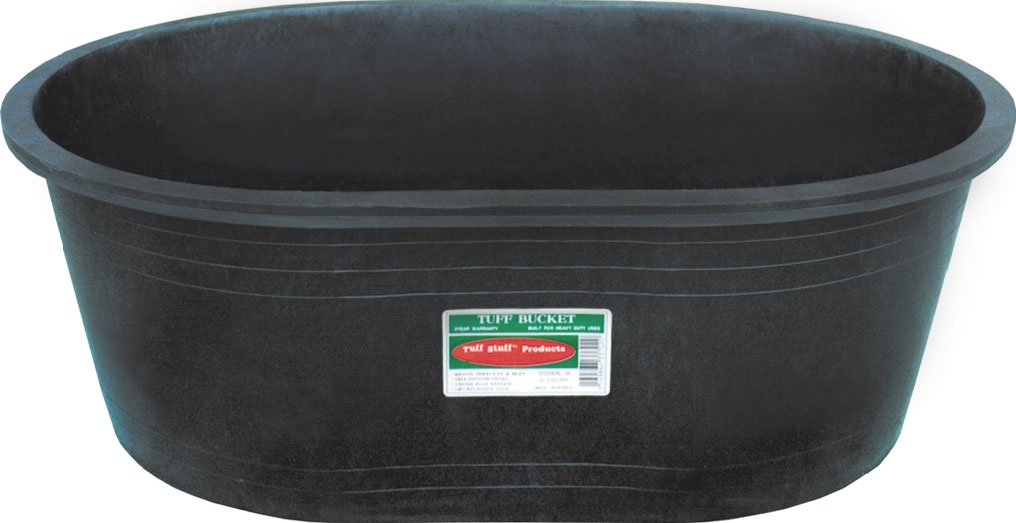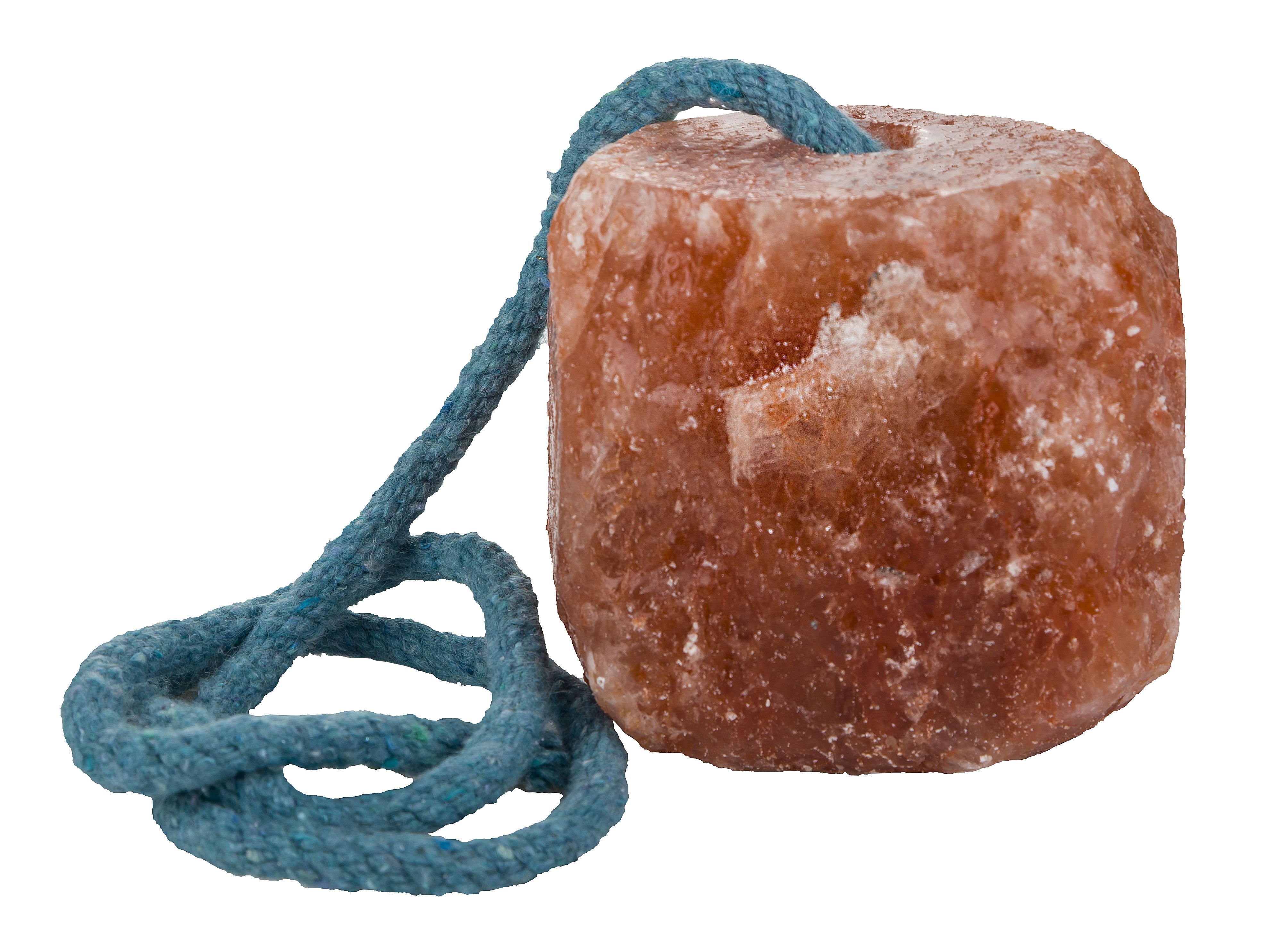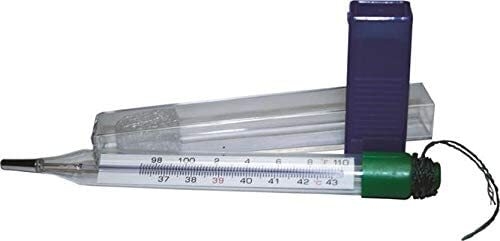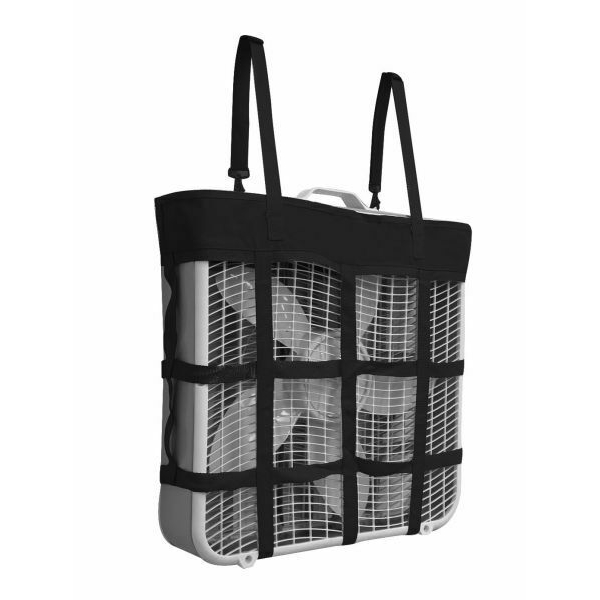
As summer temperatures rise, it’s important to consider the impact of heat on horses during exercise. Horses are large, athletic animals that generate a lot of heat during physical activity. Without proper precautions, horses can quickly overheat, leading to heat stress and potentially life-threatening conditions like heat stroke. Read on to learn about heat tolerance & exercise in horses.
Understanding Heat Tolerance
Heat tolerance is the ability of an animal to regulate its body temperature in response to heat stress. Horses have a relatively narrow range of body temperature tolerance, with an optimal range between 99°F and 101°F. As the ambient temperature rises, horses must work harder to dissipate heat and maintain their core body temperature within this narrow range.
Factors Affecting Heat Tolerance
- Age: Older horses may have a reduced ability to regulate their body temperature.
- Fitness level: Well-conditioned horses are better able to cope with heat stress than horses that are out of shape.
- Hydration status: Dehydrated horses are at higher risk of heat stress and other heat-related conditions.
- Coat color: Dark-colored horses absorb more heat from the sun than light-colored horses.
- Environmental conditions: High humidity, direct sunlight, and lack of airflow can all contribute to heat stress.
Managing Heat Stress in Horses
To reduce the risk of heat stress in horses during and after exercise, it’s important to take several precautions, including:
- Provide access to shade and water: Horses should have access to shade and clean, cool water at all times. Consider a large stock tank in the pasture, like the Tuff Stuff collection, available in multiple sizes to fit your needs. While stalled, you may want to add a second water bucket if your horse is a big drinker, too.

- Free choice salt: Horses should generally have free choice access to salt, and typically will self regulate. Salt will help them replace lost minerals, as well as keeping their water intake regular. 100% natural Gatsby Himalayan Salt is available in multiple sizes, including granules, to suit any horse preference.

- Consider adding an electrolyte if your horse is sweating heavily. Choose from flavored powders, like Farnam’s Horse Health Electrolyte, or pastes, such as Finish Line’s Electrocharge. Discuss with your vet to determine your horse’s needs.

- Schedule exercise during cooler times of the day: Early morning or late evening exercise is often cooler than exercise during the middle of the day.
- Gradually acclimate horses to heat: Horses should be gradually acclimated to hotter temperatures over a period of several weeks.
- Monitor vital signs: During exercise, monitor a horse’s heart rate, respiratory rate, and body temperature to detect early signs of heat stress. Have a quality thermometer on hand to monitor your horse’s comfort – it’s also great to have in case of illness.

- Provide cooling measures: Use fans, misters, and other cooling measures to help horses dissipate heat during exercise. A box fan holder can make positioning the fan effortless.

- Adjust exercise intensity: Reduce the intensity and duration of exercise during hot weather to reduce the risk of heat stress.
Conclusion
Heat tolerance & exercise in horses is an important consideration for horse owners and trainers during the summer months. By understanding the factors that affect a horse’s heat tolerance and taking appropriate precautions, horse owners can help reduce the risk of heat stress and other heat-related conditions during exercise. Remember to always monitor your horse’s vital signs and adjust exercise intensity as needed to keep your horse safe and healthy.

